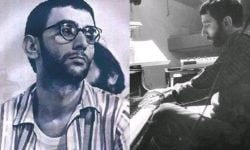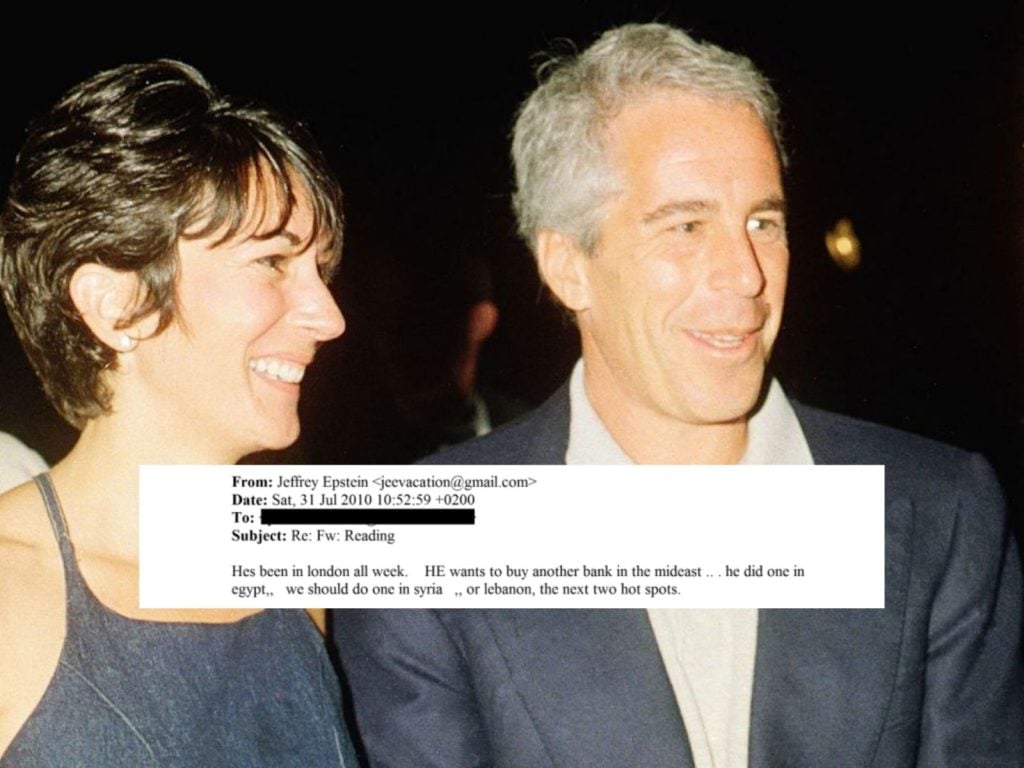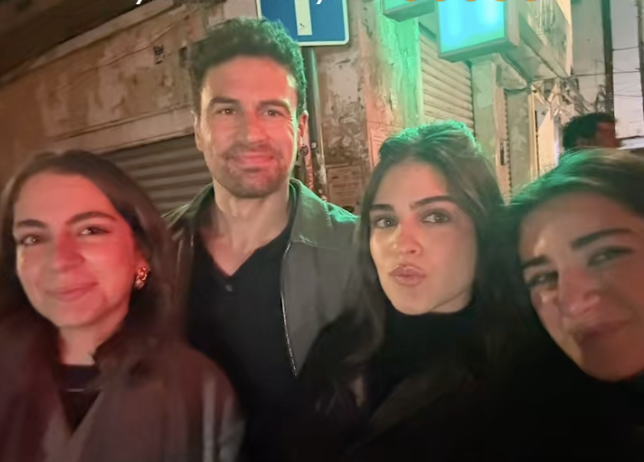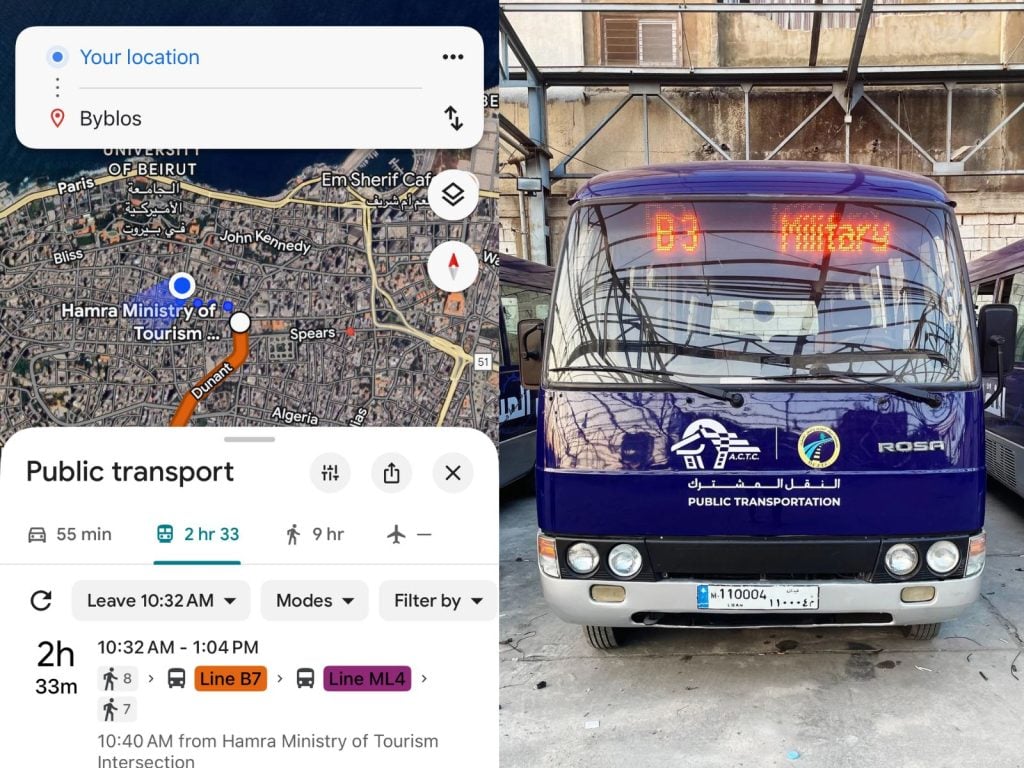Carmen Lebbos Pays Emotional Tribute to Ziad Rahbani Two Months After His Passing
Two months after the passing of legendary Lebanese composer and playwright Ziad Rahbani, actor Carmen Lebbos shared a heartfelt tribute to her Instagram.
The video shows Lebbos going through a box of old photos, revisiting memories from their years together. As she flips through each picture, she shares a deeply personal reflection on their past, the love they shared, and the lingering ache of loss.
She said, translated from Arabic:
Do you know that feeling when you think you’ve turned the page on your first love, only to realize the page is still open, with all its wounds? I’ve been telling myself for years that I’ve moved on, yet I keep asking, “Why?”
The last “Why?” was: why didn’t you want to see me? I realized too late that you didn’t want me to see you. Maybe you didn’t want to see me seeing you like that. I missed you, and I knew you missed me too—but you never said it. They told me you kept asking about me, yet I wish I had heard it from you.
I felt the city was empty in your absence. Everything seemed suspended. Questions without answers, memories that can’t be erased. I tried to run away when people spoke about you. Not because I didn’t want it hear it, but because I was afraid I’d realize your story is still the most beautiful one.
Every street, every corner, every place reminded me of you. I loved you. It calmed me. And yet, every sentence now ends with you.
About Carmen and Ziad’s relationship
Carmen Lebbos and Ziad Rahbani shared a deeply personal and culturally significant relationship that spanned over 15 years. While their bond was never legally formalized, Lebbos described it as a “verbal marriage,” highlighting the profound emotional connection they had.
Lebbos, a respected Lebanese actress, and Rahbani, the son of the legendary singer Fairuz, were both influential figures in Lebanon’s cultural scene. Their partnership was not only a testament to their personal affection but also to their collaborative spirit in the arts. Lebbos appeared in Rahbani’s musical play Nazl el-Sourour (1974), where she performed alongside him, further intertwining their professional and personal lives.
Ziad also composed Bala Wala Shi, released back in 1985, for Carmen, capturing the intensity and complexity of their early connection. The song remains one of his most iconic works, remembered for its emotional depth and cultural significance in Lebanese music.
She actually confirms that the song is about her in an interview with Hicham Haddad:
Ziad Rahbani’s impact on Lebanese music and theater is undeniable. Through his compositions, plays, and the memories he leaves behind with those who knew him, his work continues to resonate across generations.
Tributes like Carmen’s remind us that his artistry was not only innovative but deeply personal, touching the hearts of those who experienced it firsthand. Even as he is gone, Ziad’s legacy lives on. Both in his timeless songs and in the stories and emotions he inspired.
“Made in Beirut” Tee
High quality t-shirt that is available in either round neck loose fit made of 100% cotton with short sleeves, or fitted cropped with a round neck and short sleeves (95% cotton,5% elastane).
The Beirut Tee
Beirut.com printed logo on the left side. Available in Black, White, and Olive Green.
“Made in Beirut” Tee
High quality t-shirt that is available in either round neck loose fit made of 100% cotton with short sleeves, or fitted cropped with a round neck and short sleeves (95% cotton,5% elastane).
The Beirut Tee
Beirut.com printed logo on the left side. Available in Black, White, and Olive Green.






